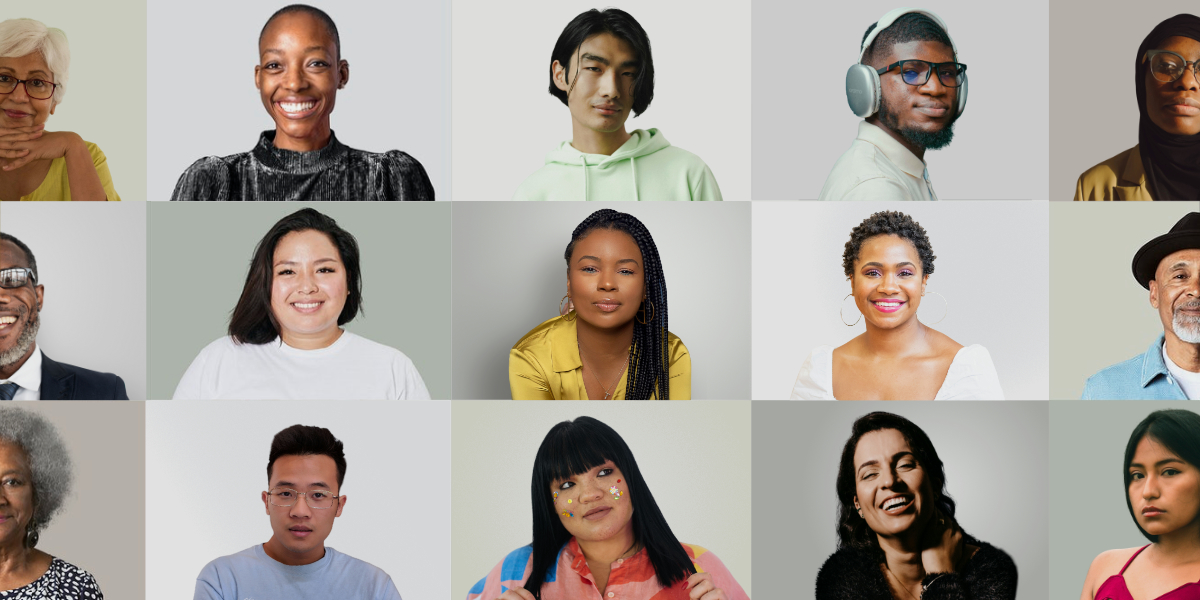No doubt about it, an autistic life can be an isolated life, especially when what you want is to commune with people who share the shorthand of your traits. We’ll talk another time about the accuracy of the following estimates but for now, it’s the best the world has to go on: Currently the autistic population is estimated to be 1.694% of the United States population* and 0.625% of the global population**. That’s approximately 77,000,000 people! Point is, you’re not alone, not by a long shot.
But finding people in your area who are aware that they’re on the autistic spectrum, who aren’t in your family, and who share your interests? That’s a tall order.
Luckily internet!
For us, the internet brings life. We can find loads of people who are eager to find out what each other’s lives are like and whether we share things in common. And being the intrepid detail-hounds we are, it makes it even more exciting when those potential new friends live in cultures that may differ from our own.
Okay. So, you may wonder, where are all these magical friends awaiting your arrival? Here, lemme get you started.

BIPOC SOCIAL CLUB
Bringing autistic people of colour together wherever we are.
Live, virtual, monthly events run the way we want because we can.
AUTASTIC SOCIAL CLUB
Monthly live virtual autistic-only get-togethers plus a members-only discussion group to keep the conversation going in-between events.
OFFICIAL FACEBOOK GROUPS
Facebook’s premier community for those of us who didn’t learn we’re autistic until well into adulthood. We’re +10K members strong and we get what it’s like to be you.
Where else can you talk about all the issues surrounding being a minority of a minority? We are a cross-cultural, global community. Come join us!
Because we need each other now more than ever. Come together in our private Facebook community exclusively for autistic people of color.
IN THE WILD
Notes:
* “Autism Spectrum Disorder (ASD): Data & Statistics.” Center for Disease Control and Prevention. Updated November 15, 2018.”
** “Autism Spectrum Disorders.” World Health Organization. April 4, 2017.
















Pingback: Resources For BIPOC Communities - Autastic.com